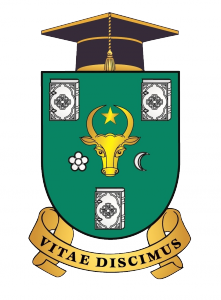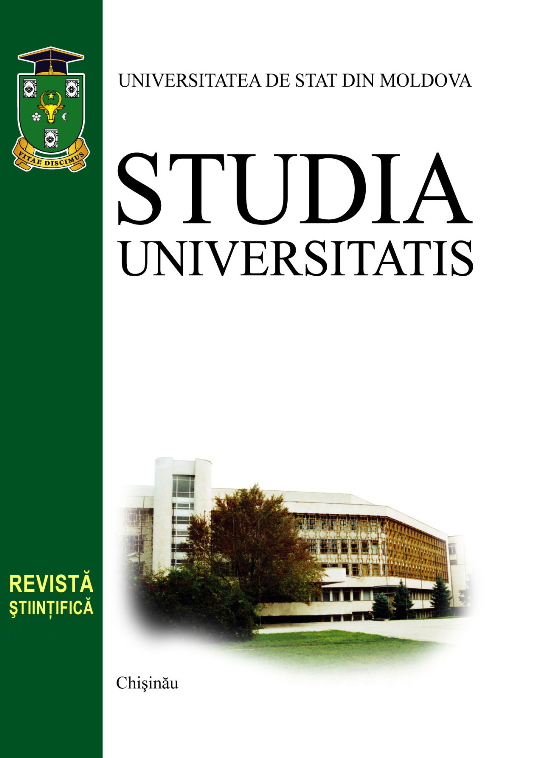DREPTUL LA AUTOAPĂRARE POTRIVIT art.51 DIN CARTA ORGANIZAŢIEI NAŢIUNILOR UNITE
Valentin ROŞCA Catedra Drept Internaţional şi Drept al Relaţiilor Economice Externe
Rezumat
The right to self defense is the most controversial topic in the debate between states, as well as between theorists. The discrepancies mainly present in discussions regarding the nature, essence and applicability of self-defense are more thorough in cases when the are analyzed the legality of the anticipated or ”preventive” self-defense or protection of nationals on foreign territories. Discussions on the legality and right of usage of self-defense dates from the time of the United Nations (UN) foundation. According to the UN Charter, there are present only two exceptions to the prohibition established by Art.2, par.(4) UN Charter: a) use of force under UN Security Council authorization (Article 39 UN Charter), b) use of force in cases of self-defense (Article 51 UN Charter). In spite of the norm inserted in the Art.51 of the UN Charter, the controversial nature of self-defense is perpetuated by two courses. The first current supports the idea that Art.2, par.(4) of the UN Charter has to be applied in a strict form (restricted) without any deviations, and supporters of the second current, promotes the idea of Art.51 of the UN Charter application in a broader interpretation without any restrictions. Additional to the multitude of concepts and theories on the right of self defense, which creates a number of difficulties in interpretation and enforcement of this law, international society for more than half a century faces another problem. The result of this problem consists in the fact that the UN Charter can not be applied strictly to the provisions established after the World War II. This gap consists in the ambiguity of the UN Charter. This is due to the haste the UN Charter was drafted and adopted at the end of World War II. The amalgam of these situations creates an uncertain situation in this domain, and the result is that a certain norm, in this case Art.2, par.(4) of the UN Charter, is avoided through abusive application of Art.51 of the UN Charter, because the wording of this norm allows a broad interpretation. Thus, in the context of existing conditions in the world new trends of interpretation and application of an inherent right of self defense of each country are beginning to shape. The biggest problem is that in addition to the presence of uncertainties concerning the applicability and qualification of this right according to express norms established by the UN Charter there are new threats to international order which requires a broader interpretation in the context of new created circumstances. The result is clear, that the current notion of self-defense begins to get a broader sense and a more uncertain concept than it was before.


